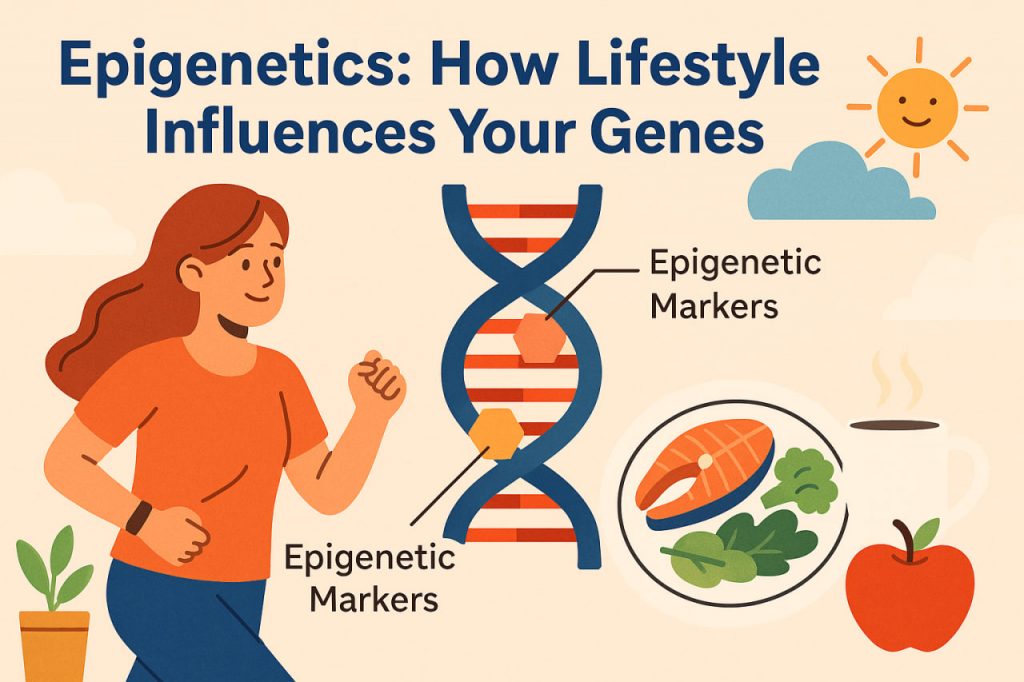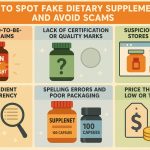For many years, scientists believed that our genes determined almost everything about us — from our appearance to our risk of disease. But recent discoveries in epigenetics show that the environment we live in and the lifestyle we choose can actually switch certain genes on or off. This opens a new chapter in understanding how health, aging, and even behavior are shaped by more than just DNA.
What Is Epigenetics?
Epigenetics is the study of how gene activity is controlled without changing the DNA sequence itself. Chemical tags called epigenetic markers can attach to genes and influence whether those genes are active or silent. These changes do not alter the genetic code but affect how cells “read” it.
The Role of Lifestyle
Your daily habits can influence epigenetic markers in meaningful ways. Factors that have been linked to epigenetic changes include:
- Diet – Nutrients like folate, vitamin B12, and polyphenols can affect how genes are expressed.
- Exercise – Physical activity helps regulate genes related to metabolism and inflammation.
- Stress – Chronic stress can lead to negative epigenetic changes, especially in brain-related genes.
- Sleep – Poor sleep patterns may disrupt gene expression linked to immune function.
- Toxins – Exposure to pollution, smoking, or certain chemicals can leave harmful epigenetic marks.
Transgenerational Effects
One of the most fascinating findings is that epigenetic changes can sometimes be passed to future generations. This means the choices you make today — like quitting smoking or improving your diet — may not only impact your own health but also the health of your children and grandchildren.
Reversible and Adaptive
Unlike genetic mutations, epigenetic changes are often reversible. Positive lifestyle changes, such as adopting a balanced diet or reducing stress, may help “reset” gene activity toward a healthier state. This gives people more control over their long-term health than previously thought.
Not a Cure-All
While epigenetics is a powerful tool in understanding disease and wellness, it’s not a magic solution. Not all conditions can be reversed through lifestyle, and many epigenetic studies are still ongoing. However, it’s clear that small daily decisions can have lasting effects on gene expression.
Glossary
- Genes – segments of DNA that contain instructions for building proteins.
- Epigenetics – the study of how gene activity is modified without changing DNA itself.
- Gene expression – the process by which genes produce their proteins.
- Epigenetic markers – chemical tags that influence whether a gene is active or silent.
- Polyphenols – antioxidants found in plant foods that may affect gene regulation.
- Transgenerational effects – biological changes passed from parents to offspring.
- DNA sequence – the order of nucleotides that make up the genetic code.
- Mutation – a permanent change in the DNA sequence.


